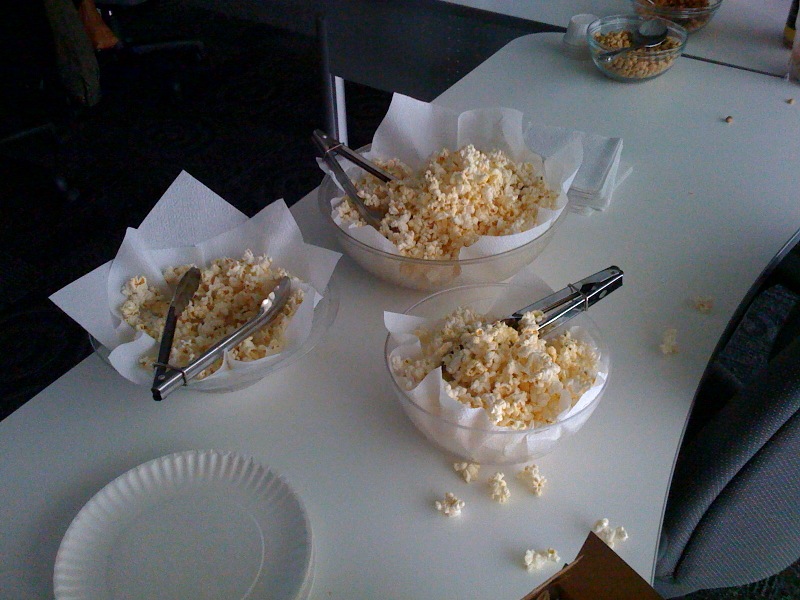Back in March I wrote about a major milestone at Primal Fusion. We went public with our first product and put out an alpha release for people to try. I also wrote a little about what it means to be in alpha release, particularly in a world of permanent beta products such as Gmail. We certainly decided what alpha means at Primal Fusion, as I wrote in that post, and we continue to make progress with our releases.
Meanwhile, over at Google, as of yesterday the the beta designation has been removed from Gmail and other Google apps. Wonderfully, for Gmail users made nervous by such an epochal move, ‘Back to Beta’ is a Google Labs feature that restores the now-missing word ‘beta’ to the Gmail logo. I wonder how they’ll measure the impact of that feature?
Perhaps alpha is no longer the new beta. Maybe it now really is the place for innovators!



